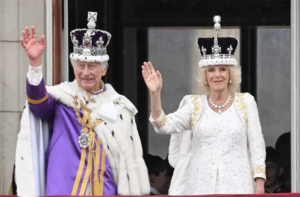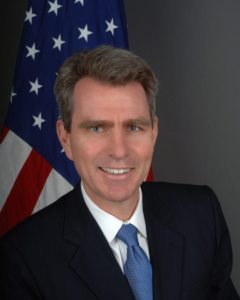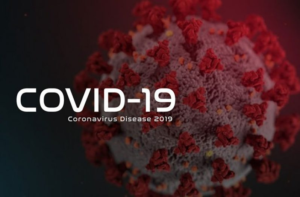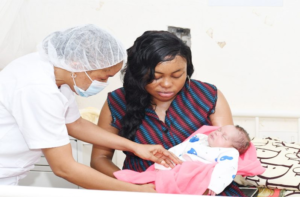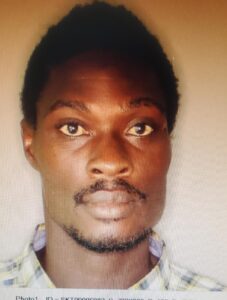Health authorities want national fight to reduce HIV/AIDS, stigma and discrimination
ST KITTS AND NEVIS HEALTH AUTHORITIES recently challenged the nation to help stop the spread of HIV/AIDS in the country with 217 persons living with the deadly virus in the twin-island Federation.
Last Thursday was World AIDS Day observed under this year’s theme, ‘Equalise’.
MoH National HIV/AIDS Coordinator, Dr Matthias Ofre, said that the single-word theme ‘Equalise’ is a call to action for all of to join in helping eradicate the deadly sexually-transmitted virus.

“It’s an action word which requires everyone to focus on a strategic fight towards the eradication of the virus itself. This demonstrates the importance of all parties in ensuring the fight against the virus is undertaken using a multi-sectoral approach. One person can’t do it,” Dr Ofre explained.
For him, equality has a dual nature: the increase of availability to quality and sustainable services catering to various groups of people, and improvement of laws and policies to accommodate accessibility to health care for all people.
“We need to see ourselves as equals in fighting against this unwanted virus that is plaguing the nation and also the world at large,” Ofre said.
MoH HIV/AIDS Health Educator/Counsellor, Lucine Pemberton-Vaughn, said stigma and discrimination towards persons living with HIV/AIDS (PLW HIV/AIDS) and key populations such as the LGBTQ+ community, contradict what it means to ‘equalize’.
For her, HIV/AIDS is everybody’s business, since everyone, including babies, are vulnerable to the virus.

“Once you are engaging in certain activities you are at risk, even the married. It is our responsibility to make it our business and do what we can to eradicate it,” Pemberton-Vaughn counselled., expressing concern that stigma and discrimination continues to pose problems in the society against the LGBTQ+ community.
“These persons tend to be shamed, blamed and shunned,” she observed.
“We point them out and they are treated differently even at some of our healthcare institutions. They shy away from testing and are afraid to come forward and admit to their partners about their status. Meanwhile, some even have medications and are afraid to take them lest people realise that they are HIV positive. This sends them underground, and it’s underground that they are now able to replicate and transmit the virus,” she warned.
Pemberton-Vaughn advised, “we should be able to accept everybody knowing that we are all equals and that at the heart of stigma and discrimination is the violation of human rights.”

She reminded that all humans are free to express themselves and have rights to access health care and services.
Under this year’s theme, ‘Equalise’, the World Health Organisation (WHO) calls on global leaders and citizens to recognise and address the inequalities which are holding back progress in ending AIDS; and equalise access to essential HIV services, particularly for children and key populations and their partners – men who have sex with men (MSM), transgenders, drugs addicts, sex workers, and prisoners.


